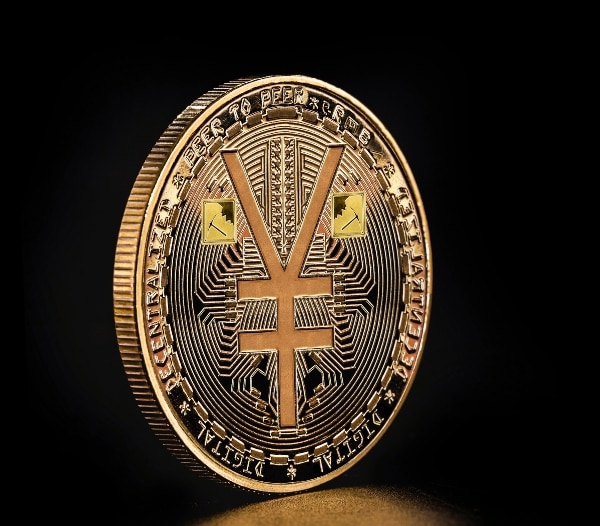
In China, the High Court has ruled that Bitcoin is subject to property rights and is therefore a legally protected asset.
China’s High Court rules on Bitcoin
Last week, the following message was posted on the court’s WeChat channel:
“In the actual trial practice, the People’s Court has formed a unified opinion on the legal position of bitcoin, and identified it as a virtual property”.
For this reason, the Shanghai District Court ruled in favour of a Bitcoin holder, namely Cheng Mou, who had sued defendant Shi Moumou, to whom he had lent 1 Bitcoin and who denied him the return of the property.
The judgment was in fact issued following a lawsuit filed in October 2020, in which the accuser demanded the return of a loan worth 1 BTC.
Shi Moumou will therefore have to return 1 Bitcoin, even though the price of BTC has currently fallen compared to the value of the loan.
Bitcoin and cryptocurrencies in China
This is a real turning point as far as the regulation of Bitcoin in China is concerned, as some time ago it had decreed that cryptocurrency trading was not legal in the country.
The Chinese High People’s Court has the highest powers, but only at the provincial level, so it will also have to be seen whether the higher courts will agree with the ruling.
Lawyer Liu Yang explained to local media that it is a “significant milestone for civil disputes related to Bitcoin”, although he is not so convinced that it will have a bearing on China’s current regulations regarding the industry.
Blockchain and NFTs in China

Although crypto trading and mining are now banned in China, the country continues to experiment with blockchain projects and also supports NFTs.
In fact, in early 2022, China announced the launch of its own NFTs funded by the Chinese state and created by the Blockchain Service Network (BSN).
In addition, digital yuan is being experimented with in China, and a wallet app to manage it was also launched in early January.
The country is said to be at an advanced stage in the design of its CBDC.
The post China: “Bitcoin is a legally protected asset”, says High Court appeared first on The Cryptonomist.






















